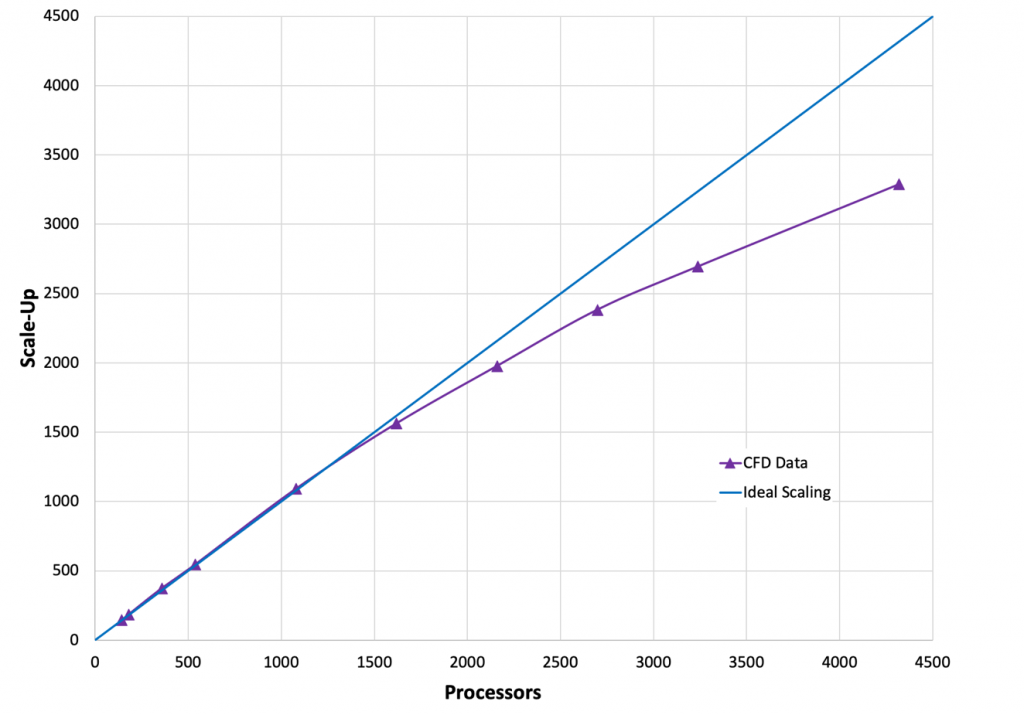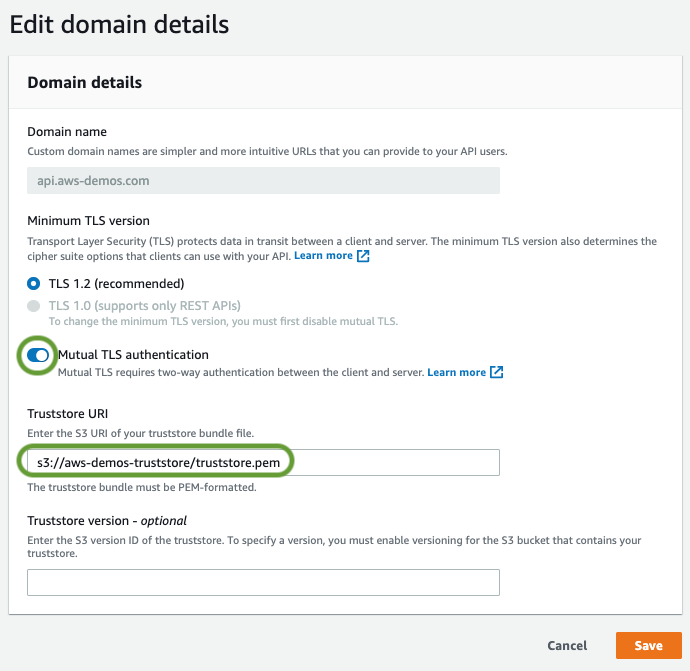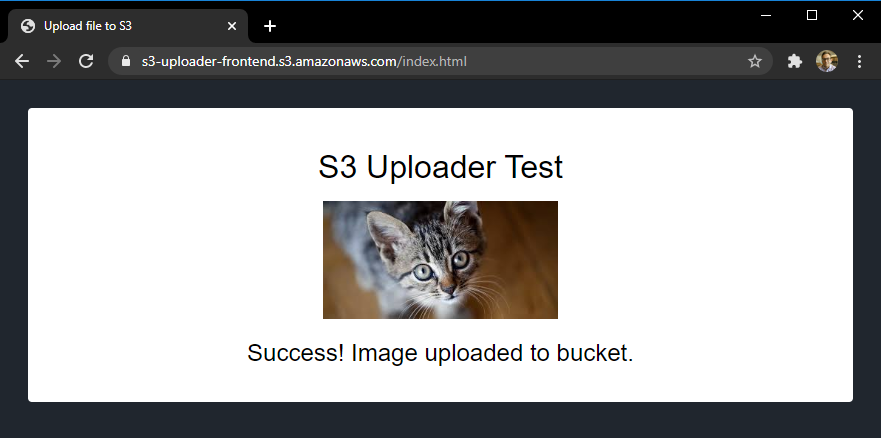AWS Compute Blog
EFA-enabled C5n instances to scale Simcenter STAR-CCM+
This post was contributed by Dnyanesh Digraskar, Senior Partner SA, High Performance Computing; Linda Hedges, Principal SA, High Performance Computing In this blog, we define and demonstrate the scalability metrics for a typical real-world application using Computational Fluid Dynamics (CFD) software from Siemens, Simcenter STAR-CCM+, running on a High Performance Computing (HPC) cluster on Amazon […]
Introducing mutual TLS authentication for Amazon API Gateway
Mutual TLS (mTLS) for API Gateway is generally available today at no additional cost. It’s available in all AWS commercial Regions, AWS GovCloud (US) Regions, and China Regions. It supports configuration via the API Gateway console, AWS CLI, SDKs, and AWS CloudFormation.
Introducing AWS X-Ray new integration with AWS Step Functions
AWS Step Functions now integrates with AWS X-Ray to provide a comprehensive tracing experience for serverless orchestration workflows. Step Functions allows you to build resilient serverless orchestration workflows with AWS services such as AWS Lambda, Amazon SNS, Amazon DynamoDB, and more. Step Functions provides a history of executions for a given state machine in the AWS […]
Uploading to Amazon S3 directly from a web or mobile application
This blog post walks through a sample application repo and explains the process for retrieving a signed URL from S3. It explains how to the test the URLs in both Postman and in a web application. Finally, I explain how to add authentication and make uploaded objects publicly accessible.
Using Lambda layers to simplify your development process
Lambda layers provide a convenient and effective way to package code libraries for sharing with Lambda functions in your account. Using layers can help reduce the size of uploaded archives and make it faster to deploy your code.
Troubleshooting Amazon API Gateway with enhanced observability variables
Amazon API Gateway is often used for managing access to serverless applications. Additionally, it can help developers reduce code and increase security with features like AWS WAF integration and authorizers at the API level. Because more is handled by API Gateway, developers tell us they would like to see more data points on the individual […]
Introducing larger state payloads for AWS Step Functions
AWS Step Functions allows you to create serverless workflows that orchestrate your business processes. Step Functions stores data from workflow invocations as application state. Today we are increasing the size limit of application state from 32,768 characters to 256 kilobytes of data per workflow invocation. The new limit matches payload limits for other commonly used […]
Building a serverless document scanner using Amazon Textract and AWS Amplify
This guide demonstrates creating and deploying a production ready document scanning application. It allows users to manage projects, upload images, and generate a PDF from detected text. The sample can be used as a template for building expense tracking applications, handling forms and legal documents, or for digitizing books and notes. The frontend application is […]
Jump-starting your serverless development environment
Developers building serverless applications often wonder how they can jump-start their local development environment. This blog post provides a broad guide for those developers wanting to set up a development environment for building serverless applications. AWS and open source tools for a serverless development environment . To use AWS Lambda and other AWS services, create […]
Using serverless backends to iterate quickly on web apps – part 3
Previously in this series, you deploy a simple workflow for processing image uploads in the Happy Path web application. In this post, you add progressively more complex functionality by deploying new versions of workflows.









